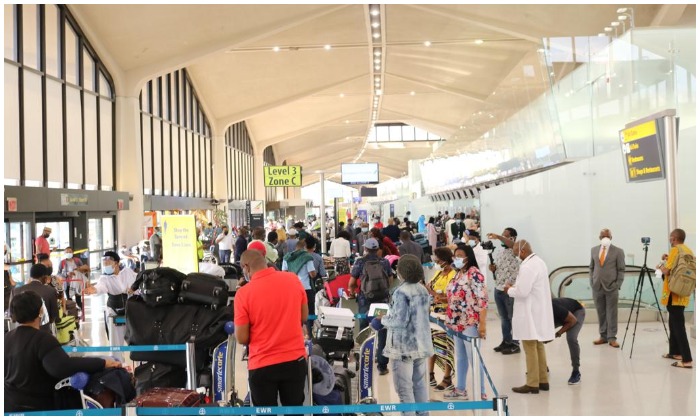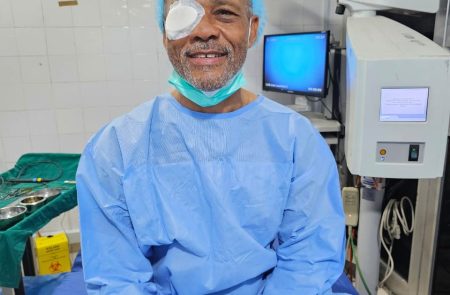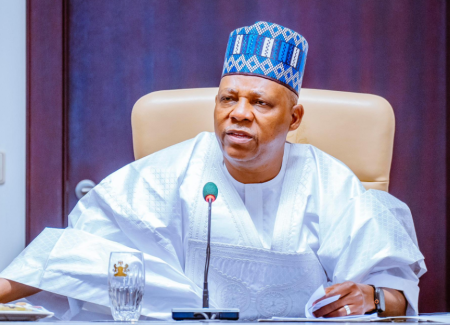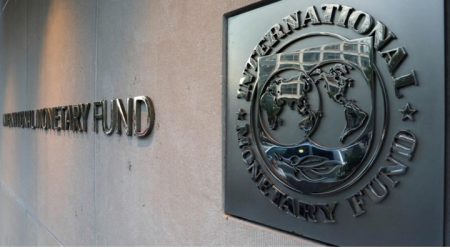Relocating abroad, particularly for Nigerians seeking enhanced opportunities and a better quality of life, is a momentous decision demanding meticulous planning and comprehensive research. This transformative journey necessitates a thorough evaluation of various critical aspects to ensure a seamless transition and successful integration into a new society. Beyond obtaining a visa or job offer, prospective migrants must carefully consider financial implications, employment prospects, immigration regulations, cultural adaptation, healthcare access, legal rights, family needs, and a long-term strategy. Failing to address these crucial factors can lead to significant challenges and diminish the prospects of achieving a fulfilling life abroad.
Financial preparedness is paramount when considering relocation. The process entails considerable expenses, including visa fees, travel costs, accommodation, and initial settlement costs. The fluctuating exchange rate of the Nigerian Naira against major currencies adds another layer of complexity, impacting the value of savings and necessitating careful budgeting. Potential migrants should accumulate sufficient savings to cover living expenses during the initial settling-in period and research the cost of living in their target country. Understanding the destination country’s currency stability is also vital for long-term financial planning. Consulting a financial advisor can provide valuable guidance on managing finances and navigating the complexities of international money transfers and exchange rates.
Securing employment is often a primary driver for relocation. However, navigating foreign job markets requires in-depth research and understanding of local industry trends and skill demands. Unemployment rates, competition levels, and immigration policies significantly influence employment prospects. It’s essential to assess the alignment of one’s skills and qualifications with the target country’s job market. Researching visa requirements related to employment is crucial, as some countries have stringent regulations for foreign workers. Networking and connecting with professionals in the chosen field can provide valuable insights and potential job leads.
Navigating immigration laws and visa requirements is a critical step. Each country has its own unique set of regulations, and understanding them is essential to avoid legal complications. Visa types vary depending on the purpose of relocation, whether for work, study, or permanent settlement. Processing times can be lengthy, and proper documentation is crucial. Seeking guidance from immigration consultants or legal experts can streamline the process and ensure compliance with all legal requirements. Understanding the long-term implications of different visa categories is crucial for future planning and potential pathways to permanent residency or citizenship.
Cultural adaptation and social integration are equally important as financial and legal considerations. Relocating entails adjusting to new social norms, values, languages, and customs. Cultural differences can be significant and impact various aspects of life, from workplace interactions to social interactions and everyday routines. Preparing for potential culture shock and actively engaging with the local community can ease the transition and promote a sense of belonging. Learning the local language, even at a basic level, can significantly enhance communication and social integration.
Evaluating the quality of life and healthcare system in the target country is crucial. Factors such as access to quality healthcare, education, housing, public safety, and overall living conditions contribute to well-being and long-term satisfaction. Researching healthcare systems, insurance options, and educational opportunities is particularly important for families relocating with children. Understanding the social welfare systems and legal protections afforded to foreigners is also vital. Comparing the quality of life indicators between Nigeria and the target country can provide a clearer picture of the potential benefits and challenges of relocation.
Considering family and education needs is paramount for those relocating with dependents. Researching educational systems, childcare options, and family support networks is essential for ensuring a smooth transition for all family members. Understanding the cultural and language challenges that children might face in a new educational setting is crucial for providing appropriate support. Considering the availability of familiar cultural or religious communities can also contribute to a sense of belonging and support for the entire family.
Developing an exit strategy or a long-term plan is a crucial aspect often overlooked. This involves considering potential scenarios, such as returning to Nigeria, seeking permanent residency in the new country, or exploring other opportunities elsewhere. Understanding the immigration policies related to citizenship and permanent residency is essential for informed decision-making. Having a clear plan also provides a sense of direction and purpose, mitigating potential anxieties about the future.
Legal rights and social welfare considerations are essential for protecting one’s interests in a foreign country. Understanding employment laws, property ownership regulations, access to social welfare programs, and protections against discrimination is crucial for safeguarding one’s rights. Researching the legal framework for immigrants in the target country can help avoid potential exploitation or unfair treatment. Consulting with legal experts specializing in immigration law can provide valuable guidance and ensure compliance with local regulations.
In conclusion, relocating abroad is a complex undertaking that demands thorough preparation and a comprehensive understanding of the various factors discussed above. By carefully considering financial implications, employment prospects, immigration laws, cultural adaptation, healthcare access, legal rights, family needs, and long-term planning, Nigerians can make informed decisions and increase their chances of a successful and fulfilling transition to a new life abroad. Thorough research, seeking expert advice, and connecting with existing diaspora communities can further enhance the relocation experience and pave the way for a prosperous future.













